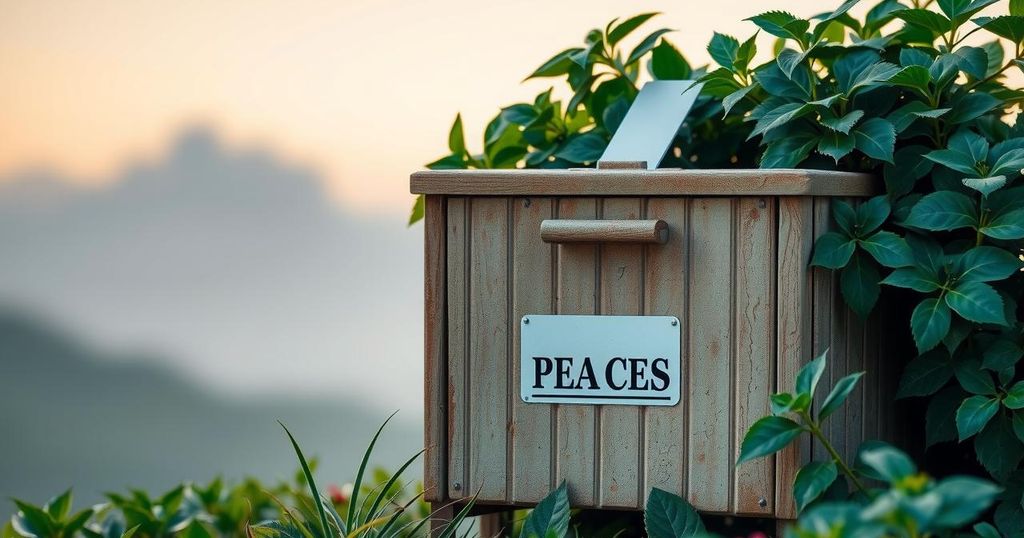Germany’s Green Party Confronts Election Challenges and Future Uncertainty

The Green Party of Germany has experienced a significant decline in voter support, achieving only 11.61% in the recent elections. This marks a decrease from 14.8% in 2021, resulting in substantial loss of power within the government. Both Robert Habeck and Annalena Baerbock expressed frustration, reflecting on campaign strategies and potential future roles within the party as the Greens prepare for their transition to opposition.
Following Germany’s recent Bundestag elections, members of the Green Party, including Vice Chancellor Robert Habeck and Foreign Minister Annalena Baerbock, expressed a sense of frustration. Their party secured only 11.61% of the vote, significantly down from 14.8% in 2021, diminishing their influence as the conservative Christian Democrats (CDU), Christian Socialists (CSU), and Social Democrats (SPD) negotiate the future of the government.
Currently, the Green Party finds itself in a precarious situation as they await the election of a new Chancellor. Although the coalition government remains in place, with Green Party ministers still holding office, their power will wane as CDU leader Friedrich Merz prepares to take the helm. By Easter, the Green Party is expected to exit government roles after a brief tenure of less than four years.
Habeck acknowledges the party’s election campaign as being well-executed, despite the disappointing results. He indicated, “This is not a good result: we wanted more” and stated he will not pursue any prominent position, stepping back from leadership roles. Baerbock, meanwhile, is keeping her future plans under wraps, navigating her new role in the Bundestag.
Co-leader Felix Banaszak cited that the party’s openness to coalition talks with CDU/CSU might have discouraged potential voters concerned about Merz’s candidacy. Furthermore, comments on immigration policy, particularly Habeck’s stance on deportations, may have also alienated some voters as the Greens lost significant support to the Left Party, which advocates for more liberal immigration practices.
Party co-leader Britta Hasselmann remarked that the coalition’s contentious nature contributed to the Green Party’s struggles. Despite significant accomplishments regarding renewable energy expansion and citizenship reform, the internal conflicts diminished their effectiveness. As they transition to opposition, adapting to this new role will present challenges amidst a changing political landscape influenced by global figures such as former President Donald Trump.
While the Greens are unlikely to be invited into a coalition with the CDU/CSU and SPD, they may still have an influential role in negotiating reforms, particularly in Germany’s fiscal policies. The push for modifications to strict debt rules, especially regarding defense spending, might prompt CDU’s Merz to seek a partnership with the Greens in the Bundestag, which they are poised to consider even in their declining government position.
In summary, the Green Party of Germany faces significant challenges following a poor election outcome, reducing their role in the upcoming governmental structure. Party leaders express disappointment while reflecting on their foundational integrity and campaign strategies. The shift to opposition will demand adaptation, and their potential influence in policy negotiations could be crucial despite their diminished status.
Original Source: www.dw.com







